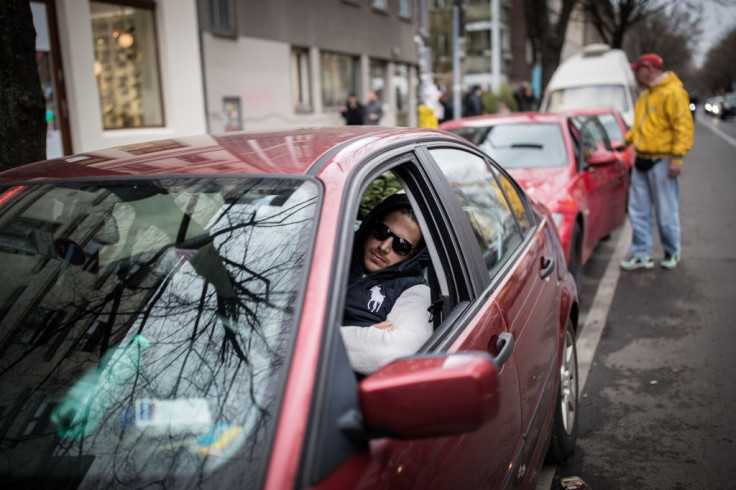Panasonic's drowsiness-control system will keep you from falling asleep while driving
The system uses a bunch of sensors to measure drivers' level of drowsiness on a scale of 1 to 5.

Using artificial intelligence for road safety, Panasonic has unveiled a drowsiness-control technology – a system that detects and predicts a person's drowsiness level prior to driving.
The system to identify a "drowsy driver" involves some serious amount of technology, which includes an in-vehicle facial recognition camera, environment sensor, infrared sensor, and a unique thermal sensation system.
The AI-based facial recognition camera measures driver's state of drowsiness on a scale of 1 to 5, with 1 being not drowsy at all and 5 being seriously drowsy. It reads eye blinks and facial expressions of the driver to determine how sleepy he/she actually is. For instance, if your eyelids are drooping and your eye blinks have slowed down, chances are you're already on the way to 4 or 5 level drowsiness.
Along with blink parameters and facial expressions, the system also uses infrared and environment sensors to determine drowsiness level of the driver. The infrared sensor detects how fast you're losing heat, while the environment sensor detects the brightness in your car. So, if you're losing too much heat or the lighting in your car is too dim, there's a good chance that you are or about to get drowsy.
After detecting how drowsy you actually are, the system will take necessary steps to keep you awake. This involves air flow control and adjustment of light and temperature. The system won't freeze you out, but it will make sufficient changes in the environment of your car to bring you back from sleep.
Panasonic worked closely with Nara Women's University to estimate "the thermal sensation" – the ideal level of air flow, light, and warmth needed to keep you comfortably awake.
Unlike other drowsiness detecting technologies, this one isn't just a proof of concept as Panasonic plans to sell its system. The company will make it available to automakers by October this year.
© Copyright IBTimes 2025. All rights reserved.





















